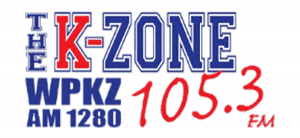LEOMINSTER — The spin class crew at the Leominster Community Branch YMCA is a tight knit bunch who enjoys celebrating holidays and birthdays together. Longtime city resident Jim Hohman recently celebrated the Fourth of July with members of the spin class he has taught for a decade a week early since the Y will be […]
COVID
Long COVID study could be a ‘game changer’: AI can identify hidden cases from health records
Long COVID study could be a ‘game changer’: AI can identify hidden cases from patient health records
Long COVID study: Persistent infection could explain long-haul symptoms in some people
A new long COVID study shows that a persistent infection could explain why some people experience long-haul symptoms, according to researchers at Brigham and Women’s Hospital.
Brigham and Women’s study: Drug-free nasal spray could protect against COVID, flu
A new study found a new drug-free nasal spray may protect against respiratory infections like COVID and the flu, Brigham and Women’s Hospital stated in a release Wednesday.
‘Another milestone in our community’
FITCHBURG — U.S. Rep. Lori Trahan on Wednesday celebrated the opening of a new children’s mental health center– the Community Health Connections Children’s Behavioral Health Center – for which she secured $2.5 million in funding. “This is an easy thing for me because I’m a mom,” Trahan said. “Everything I do in Washington is through […]
